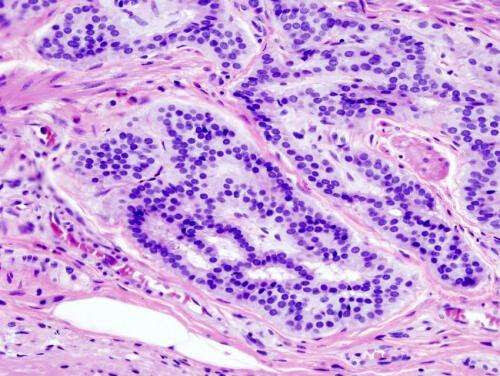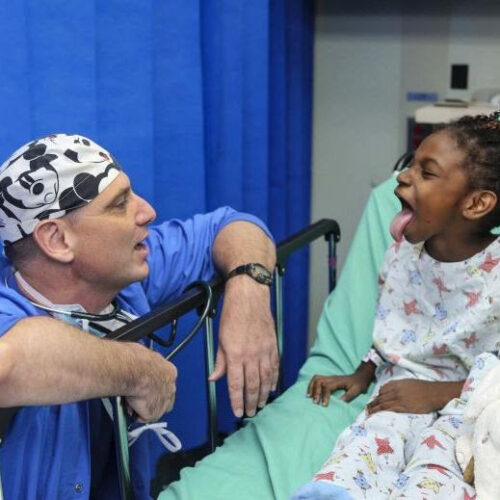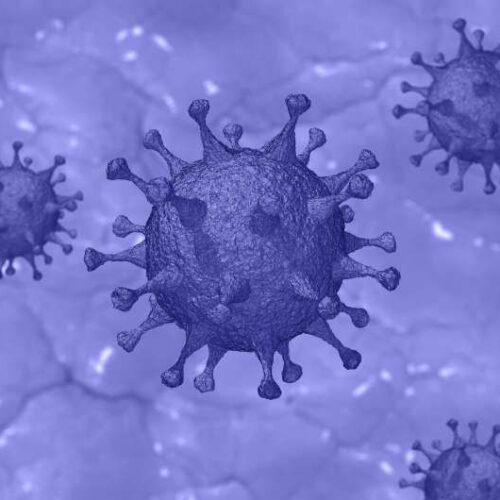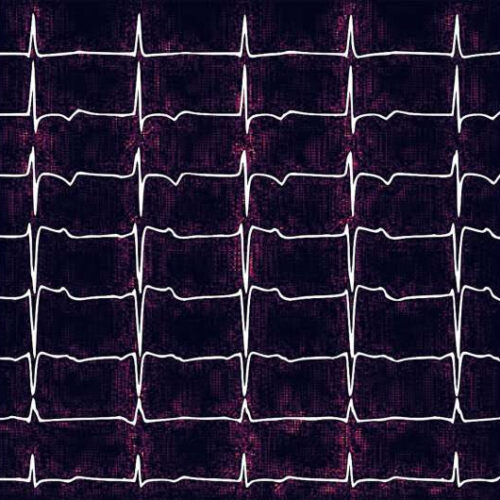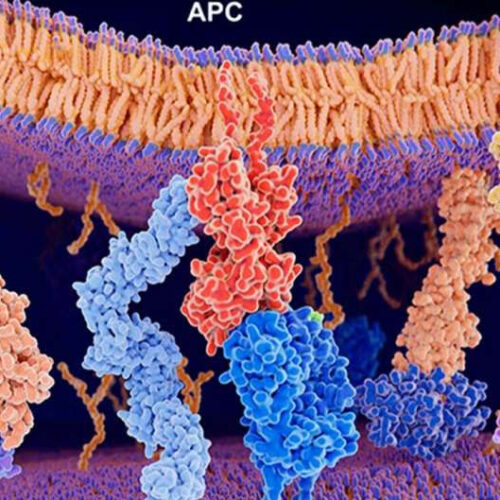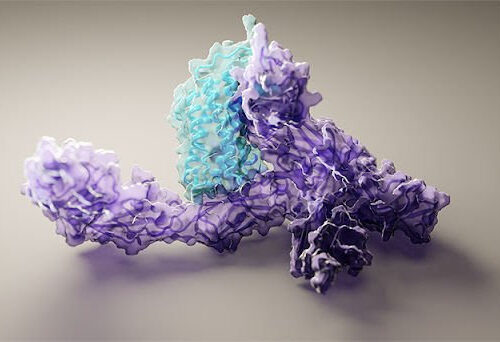by Tulane University Cancer — Histopathologic image of colonic carcinoid. Credit: Wikipedia/CC BY-SA 3.0 A Tulane University researcher has found that artificial intelligence can accurately detect and diagnose colorectal cancer from tissue scans as well or better than pathologists, according to a new study in the journal Nature Communications. The study, which was conducted by researchers from Tulane, Central...
Category: <span>Artificial Intelligence</span>
How Can AI Recognize Pain and Express Empathy?
Medicinal prescription by professionals depends on not just the lab reports of the patient but also on the physical examination of the patient. The inability of AI to recognize pain and express empathy has been a significant factor of its limited use in actual real-life diagnosis. Doctor examines a patient. Image credit: Pixabay, CC0 Public...
AI-powered glaucoma screening test delivers rapid results
A new rapid screening test for glaucoma could help advance early detection of the disease, a leading cause of irreversible blindness. Developed by a research team of engineers and ophthalmologists led by RMIT University in Melbourne, Australia, the test uses infra-red sensors to monitor eye movement and can produce accurate results within seconds. About 80...
New AI can predict virus mutations and help create more effective treatments and vaccines
by University of Waterloo Credit: Pixabay/CC0 Public Domain Researchers have developed a new method that uses artificial intelligence to foresee the most likely mutations of pathogens like SARS-COV-2, the virus that causes COVID-19. The new research has implications for the rapid development of vaccines, treatments, and diagnostic tests that would be much less likely to be...
Scientists show how AI may spot unseen signs of heart failure
by The Mount Sinai Hospital Researchers at Icahn School of Medicine at Mount Sinai developed an electrocardiogram-reading algorithm that can detect subtle signs of heart failure. Credit: Glicksberg and Nadkarni labs, Mount Sinai, N.Y., N.Y. A special artificial intelligence (AI)-based computer algorithm created by Mount Sinai researchers was able to learn how to identify subtle changes...
Facebook building AI that sees, hears, and ‘understands’ everything we do
By Ciaran Daly The tech giant has announced plans to teach AI to ‘understand and interact with the world like we do’ in first person. It hopes to do this by using video and audio from augmented reality (AR) glasses like its new high-tech Ray-Bans. “AI typically learns from photos and videos captured in third-person, but next-generation...
New artificial intelligence offers hope for liver cancer patients with less than 13 percent chance of survival
by Queen Mary, University of London Figure S1A. Principal Component Analysis (PCA) of cell line phosphoproteomic data. PCA demonstrates distribution of data according to cell line (intra-hepatic cholangiocarcinoma (CCA) (HuH-28, KKU-213, HuCCT1, OZ), extra-hepatic CCA (CCC-5, TFK-1, EGI-1), gallbladder cancer (TGBC24TKB, TGBC1TKB), benign biliary (MMNK-1) and benign epithelial (MCF-10A). Credit: DOI: 10.1158/0008-5472.CAN-21-0955 Researchers at King’s College...
Scientists develop artificial intelligence method to predict anti-cancer immunity
by UT Southwestern Medical Center Activation of T cell immune response with the interaction of MHC-II (red) with the T cell receptor (TCR, blue), and also CD4 (light blue). CD4 and MHC-II are proteins expressed by T cells and antigen-presenting cells, respectively, to aid the recognition of antigens by TCRs. Credit: UT Southwestern Medical Center....
AI-Fueled Software Reveals Accurate Protein Structure Prediction
Berkeley Lab researchers helped validate new AI-based algorithm, RosETTAFold, to generate hundreds of new protein structures. 3D view of human interleukin-12 bound to its receptor. Photo credit: Ian Haydon / Berkeley Lab “The dream of predicting a protein shape just from its gene sequence is now a reality,” said Paul Adams, Associate Laboratory Director for Biosciences at...
Researchers use deep learning to predict breast cancer risk
RADIOLOGICAL SOCIETY OF NORTH AMERICA OAK BROOK, Ill. – Compared with commonly used clinical risk factors, a sophisticated type of artificial intelligence (AI) called deep learning does a better job distinguishing between the mammograms of women who will later develop breast cancer and those who will not, according to a new study in the journal Radiology. Researchers said...

